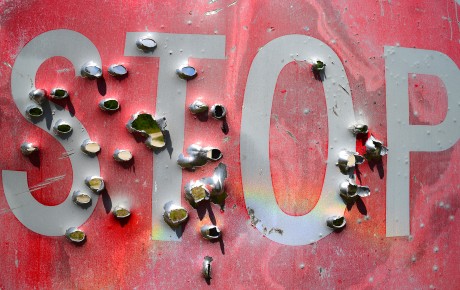
Will the VW emissions saga force a gear change in regulation?
Ultimately, it could be the public, rather than regulators, who force carmakers to change.
The VW scandal has raised questions about the carmakers’ relationship with their industry’s regulators. But, car regulators’ primary function is not to police manufacturers’ performance tests, but to ensure their cars meet national safety standards. As a result, national agencies have very little input into a vehicle’s design or build unless a carmaker develops a new safety-relevant part. Despite the furore sparked by the VW recall the existing system of oversight is unlikely to change dramatically.
“The regulators themselves will not have the time or money to become involved with the creation and construction of every make and model of car. So they must continue to trust manufacturers to build vehicles that meet regulatory requirements,” says John Naughton, Product Recall Underwriter at Hiscox London Market.
The race to innovate
The car industry has probably seen more change during the past 20 years than at any time since the Ford Model T. The ‘space race’ in the auto industry has helped to drive down production costs and set brands apart from their rivals. But, a rising trend of car recalls in recent years has highlighted a growing tension between technology and safety.
Part of the reason is there is little contact between manufacturers and regulators during the research and development of new components, in spite of the technological war raging in the industry. “I’m not sure regulators have fully appreciated how innovation and technology is now driving the auto industry, says Naughton.
There are massive benefits for a carmaker to create new technology that cuts costs, such as through lower engine emissions, higher fuel consumption, or by pushing down production expenses. But regulators are often not aware of all of these new devices until they have already been designed and prototyped, says Naughton.
New technology, new risks
“With more new parts on cars than ever before, the law of averages suggests it is more likely that a part will go wrong,“ Naughton concludes. With regulators unable to pass judgment on this new gadgetry until almost the cars are on sale, then it is perhaps inevitable there has been an increasing number of recalls.
Under-pressure regulators will in future want to strike a new balance between winning back public trust without strangling the auto industry with red tape. “As a result, it is highly likely that, in the wake of the scandal, guidelines for testing will be tightened up and regulators will scrutinise vehicles in more detail,” concludes Naughton.
But, ultimately, the court of public opinion could prove much more powerful than stricter regulators in getting carmakers to clean up their act.
“The industry’s reputation has been tarnished, which will hit carmakers’ bottom lines,” says Naughton. “Although the emissions scandal is not an issue of safety, I’m sure the carmakers will now be looking at ways to stop these kind of issues from happening again, because they want the public to start trusting their brands again.”



